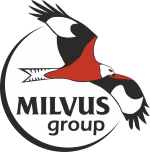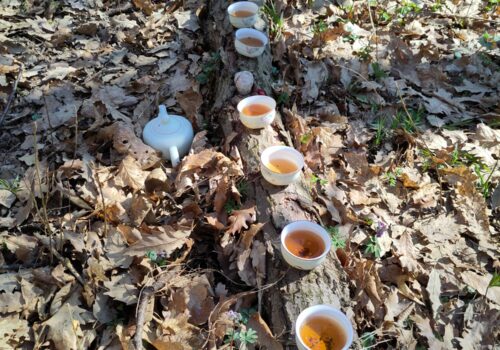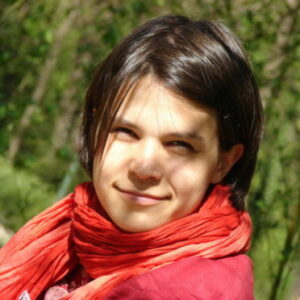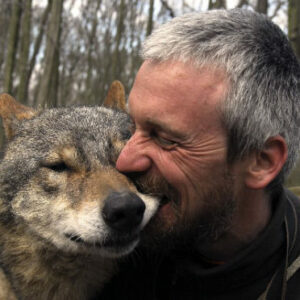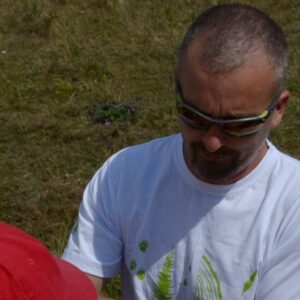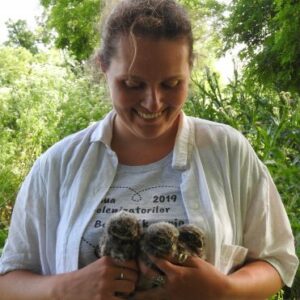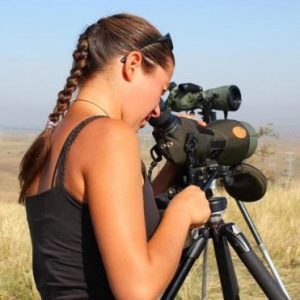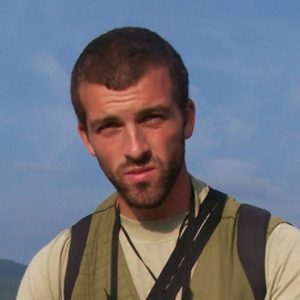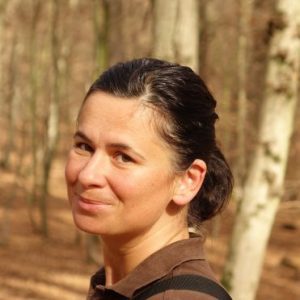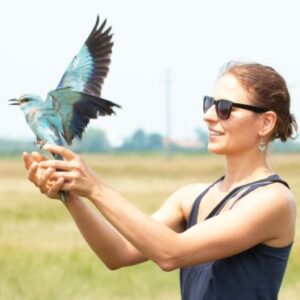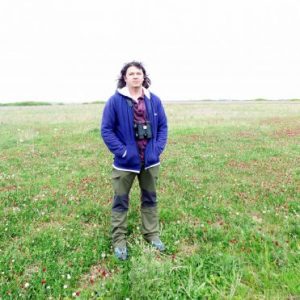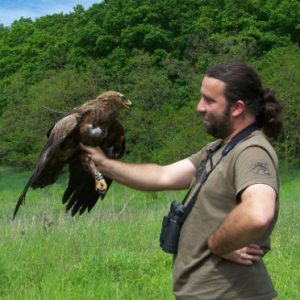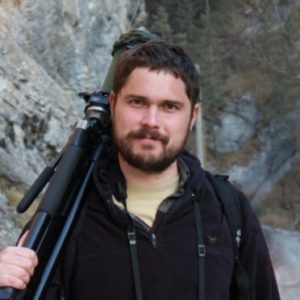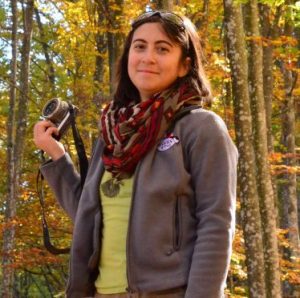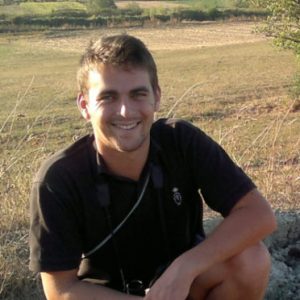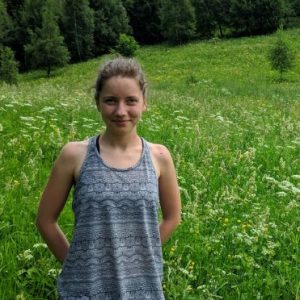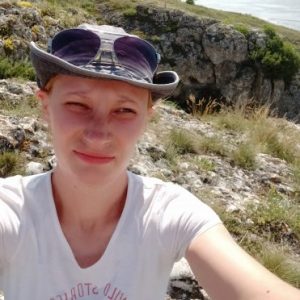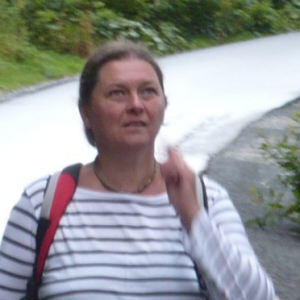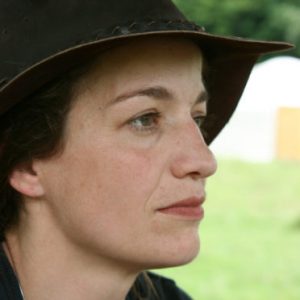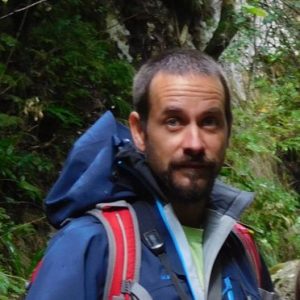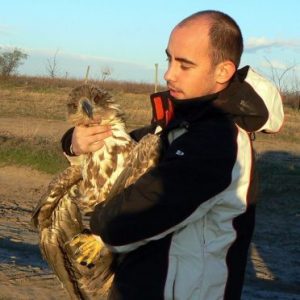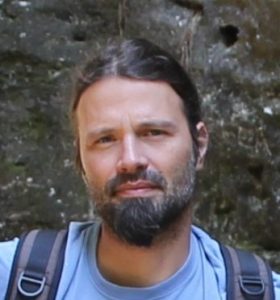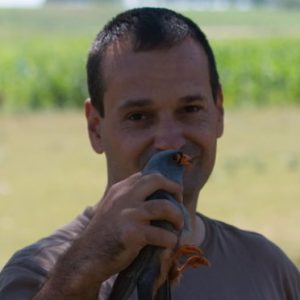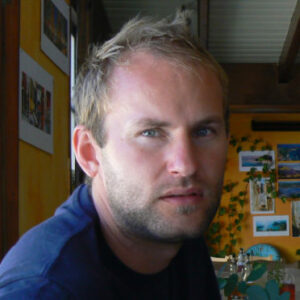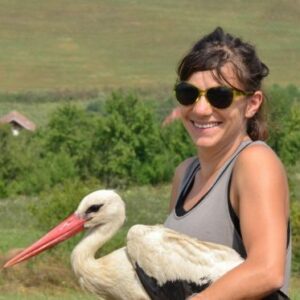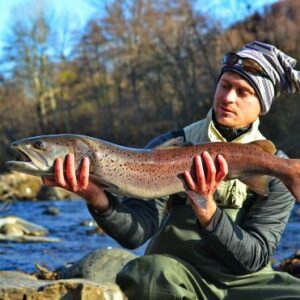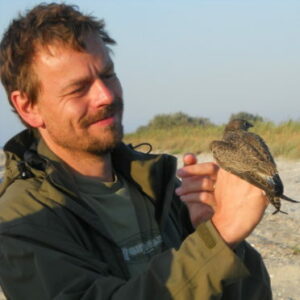The name of veterinarian Levente Borka-Vitális is closely linked to the opening of our Wildlife Rehabilitation Centre. Since then he has provided medical care to thousands of injured animals and thanks to his expertise, many of our “patients” have regained their freedom. Few veterinarians in Romania specialise in the treatment of wild animals and Levi is one of those who always takes advantage of opportunities to improve his knowledge. This was the case recently when he travelled to Africa to learn more about the physical and chemical immobilization of African wildlife species, at a training organised by the University of Zimbabwe. We asked him about this experience.
This is not your first trip to Africa. What drew you to his particular training course?
I have always been attracted to Africa. I could say that Africa “infected” me. African species are, for me, exotic and I have always had a desire to work with these animals. I don’t have any preferences when it comes to animal species, but anyone interested in wildlife can’t miss Africa.
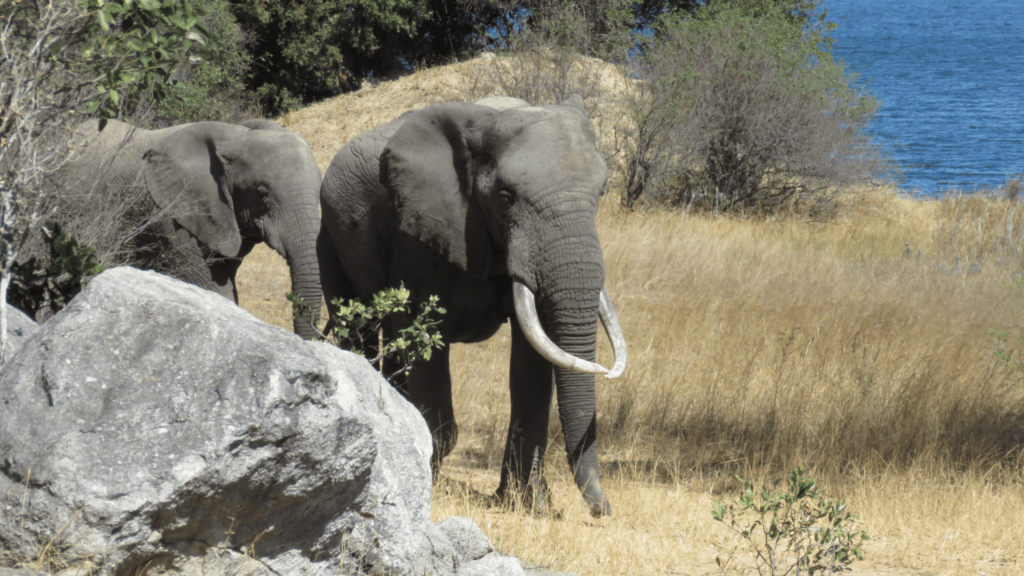
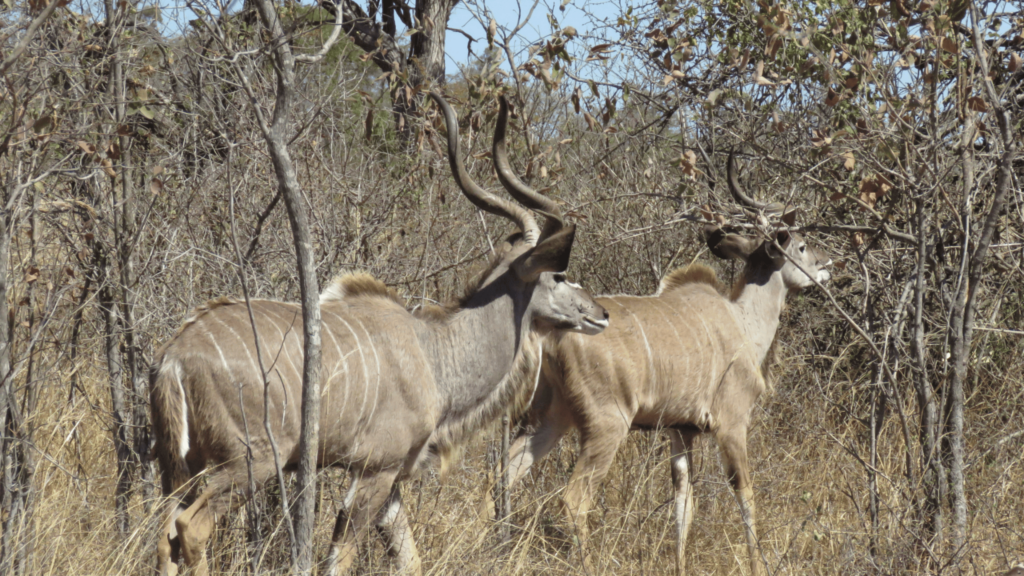
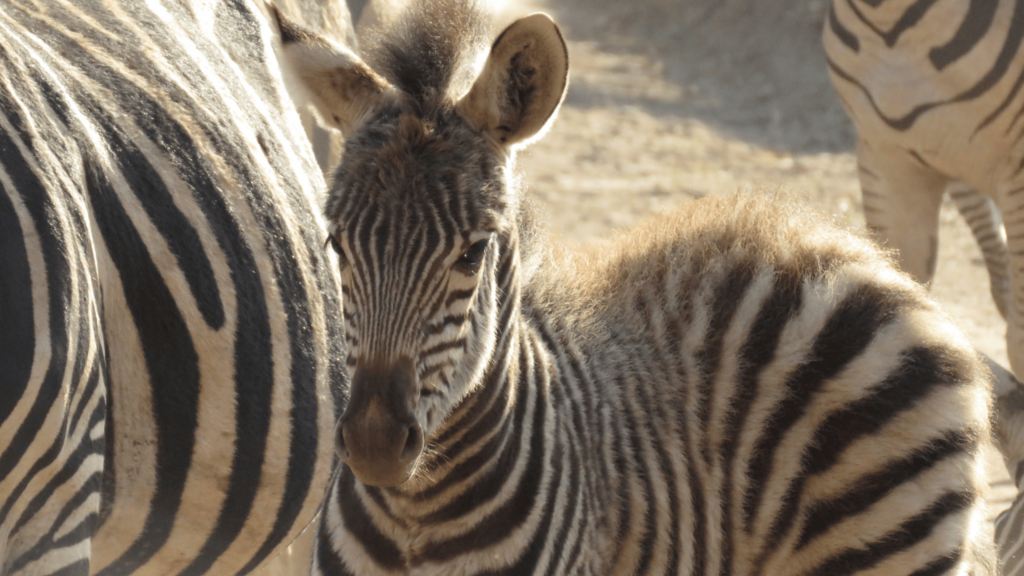
How was the training for you? How can you put into practice what you saw and experienced there?
These species have a naturally different biology to our native wildlife. However, the information gathered during the study of their pathology and the different procedures they use when anaesthetised are all useful for me. As different as these species are, we use the same anaesthetics, just different doses and different protocols, but they can be adapted to our wildlife. For me, it was also a great since I am also a zoo veterinarian, so I can definitely use the knowledge I gained in Africa.
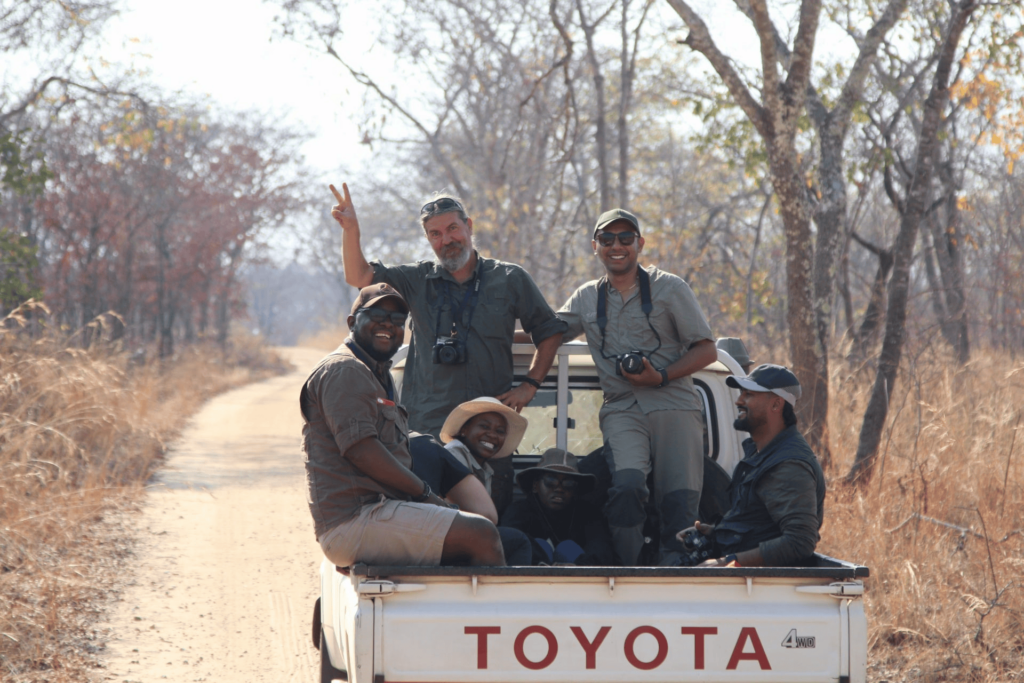
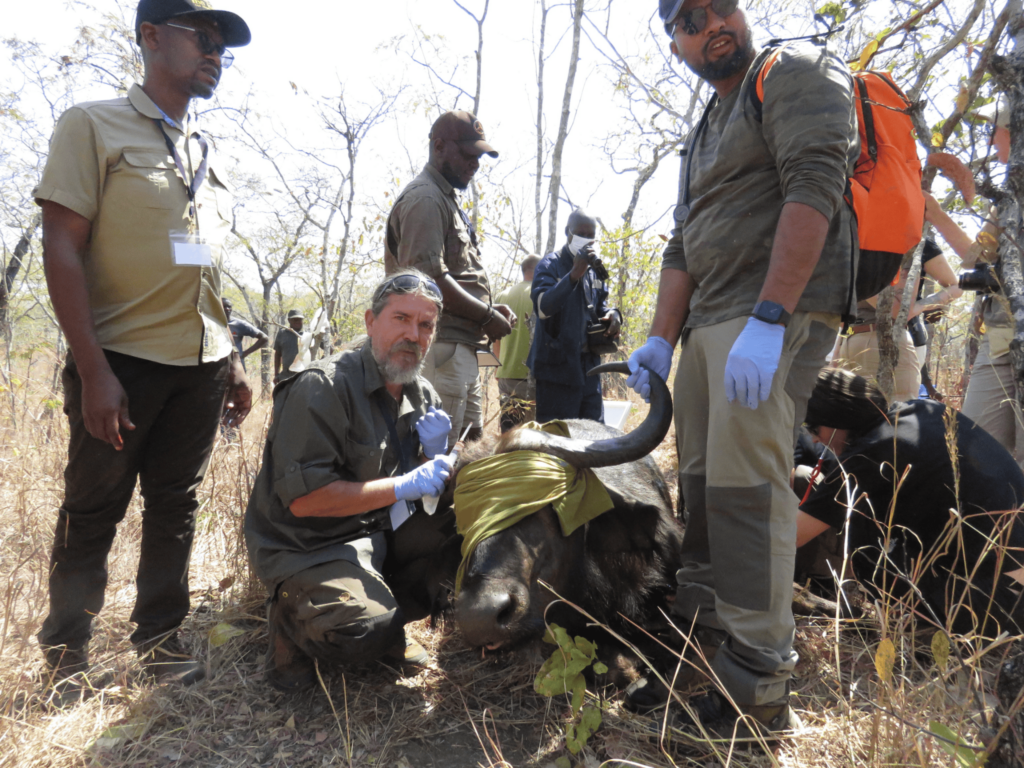
Professionals from other countries also participated in the training. Compared to Romania, what are the similarities and differences in the care of wild animals in these countries or even in Africa?
As we are talking about a completely different continent and different species, different policies and procedures, it is difficult to compare, but the problems are more or less the same. I need to think about what I have experienced in order to put into practice useful information.
You have had many memorable experiences during your stay in Zimbabwe. Were there any moments that you feel have left a deep impression on you?
I’ve always been interested in the wildlife-human conflict and it was very interesting to see how others dealt with it. Part of that problem is poaching. I had the opportunity to cut the horn off a rhino. This, in Zimbabwe, is a classic solution to poaching. For me it was a tremendous experience, as I may have saved this animals’ life. As you know, this is a step to prevent poaching, as by removing the horn, the animal loses its value to the poacher and thus prevents it from being trafficked to the black market.
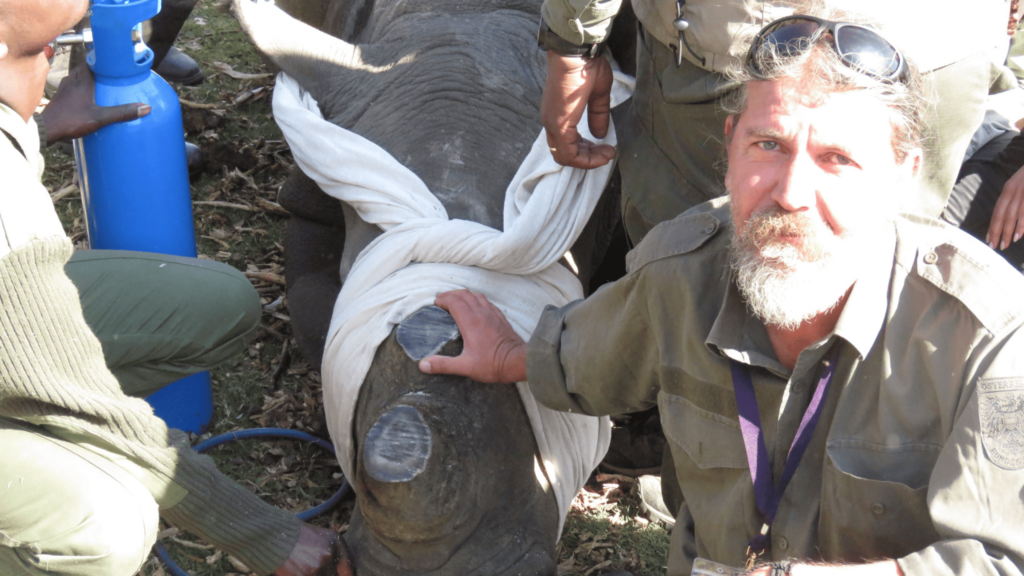
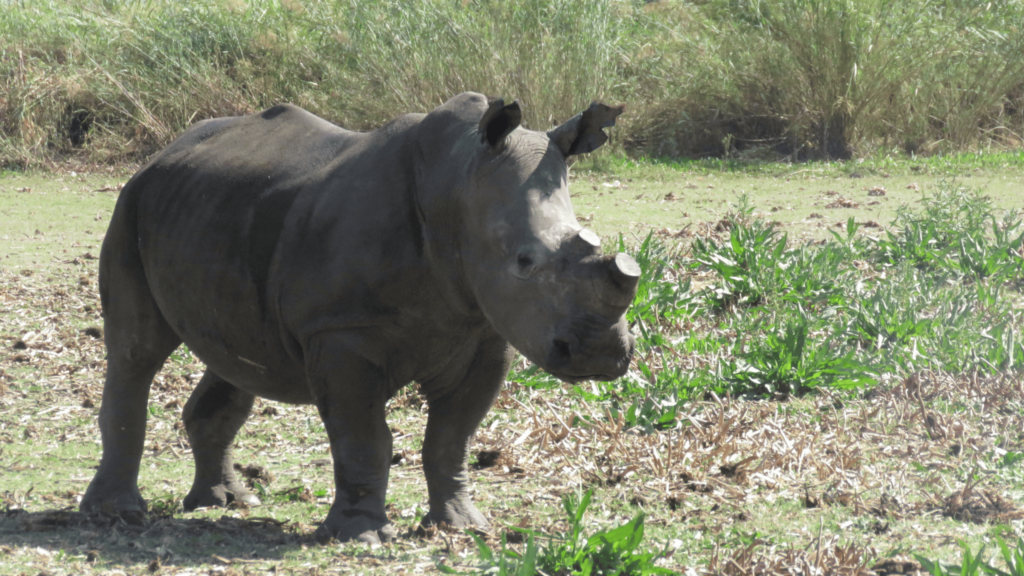
Can we say then that it was definitely a useful and memorable training?
Professionally, it was a unique experience. I have had other similarly useful training and I am sure this will not be the last such opportunity I will take advantage of.
